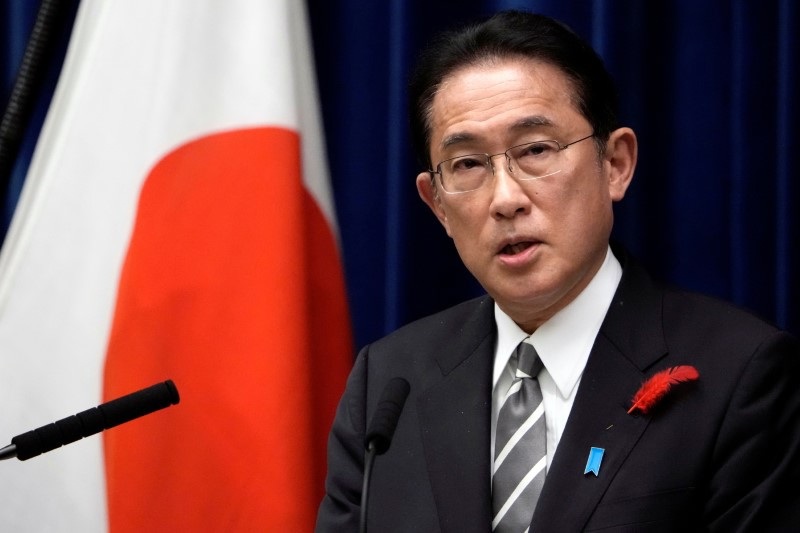
Kishida's economic legacy: modest gains and persistent challenges
Japanese Prime Minister Fumio Kishida, who took office in October 2021, promised to rejuvenate Japan's economy after decades of stagnation. In his first address to parliament, he pledged to rebuild the economy and introduced policies under a concept he called "new capitalism." His tenure, however, ends with modest progress and lingering challenges for Japan's future economic prospects.
Kishida's economic plan largely followed the framework of "Abenomics," introduced by his predecessor, Shinzo Abe, which focused on deficit spending, quantitative easing, and structural reforms. Kishida adapted this by promoting start-up businesses, embracing digital technology, and strengthening supply chains. He also sought to reduce gender inequality and support families with childcare costs.
One of Kishida's most notable economic measures was the appointment of Bank of Japan Governor Kazuo Ueda, who raised interest rates for the first time since 2007. This marked a shift from decades of ultra-loose monetary policies aimed at boosting inflation and economic growth. Kishida also introduced significant tax incentives to encourage households to invest their savings in the stock market, moving funds from traditional bank deposits and insurance into equities and bonds.
While some areas of the economy showed improvement, such as a 1.9% growth in 2023, this momentum stalled in the first half of the following year. Although Japan's largest companies raised wages in March 2023, the wage growth initially lagged behind inflation. Only recently, in June and July, have real wages begun to outpace inflation, with a 1.1% and 0.4% rise respectively.
Japan's economy remains susceptible to external threats, such as geopolitical tensions in Europe and the Middle East and a slowing Chinese economy. Analysts also point to the country's long-standing issues of a declining population, low productivity, and an inflexible labor market, which continue to inhibit long-term growth prospects.
Experts agree that Japan needs comprehensive reforms to address its economic challenges. However, Kishida's limited political influence within his own Liberal Democratic Party (LDP), as well as public dissatisfaction fueled by scandals, restricted his ability to push through significant changes. Critics argue that while his policies brought some short-term relief, the deeper structural reforms necessary for lasting economic revitalization remain unrealized.
As Kishida prepares to step down, Japan faces the difficult task of maintaining economic growth in the face of an aging population and global uncertainties. Despite the technological advancements in areas like robotics and renewable energy, Japan’s economic outlook remains cautious, with the country needing more drastic reforms to secure its long-term future.







